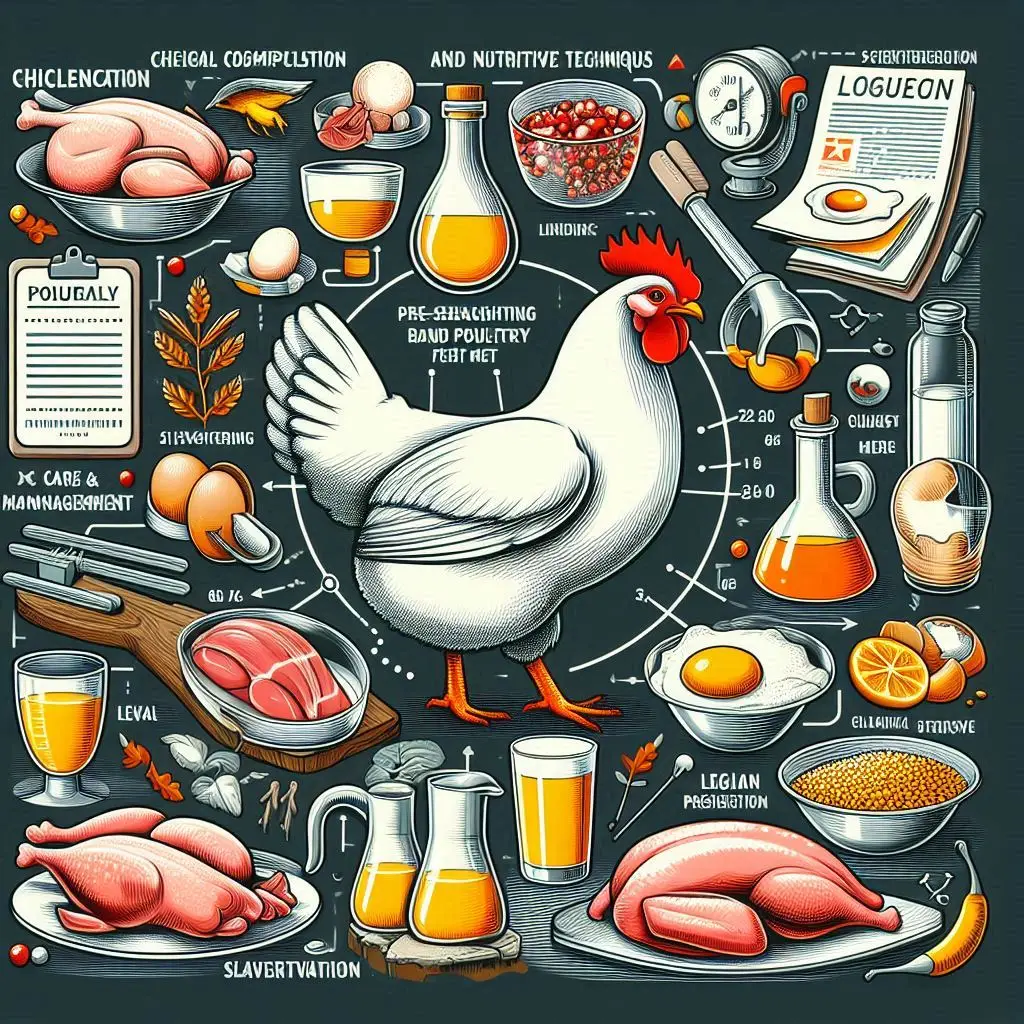BIS & AGMARK in Dairy

Overview of BIS and AGMARK Specifications in Dairy Products
In India, the quality and safety of dairy products are regulated by two primary standards: the Bureau of Indian Standards (BIS) and AGMARK. These standards ensure that dairy products meet specific safety, hygiene, and quality criteria, thereby protecting consumers and promoting fair trade practices.
What is BIS?
The Bureau of Indian Standards (BIS) is the national standards body of India, operating under the Bureau of Indian Standards Act, 2016. It develops and enforces standards for various products, including dairy. Moreover, BIS certification is crucial for manufacturers, as it signifies compliance with quality standards, ensuring that products are safe for consumption.
Key BIS Standards for Dairy Products
BIS has established several standards for various dairy products, including:
- Milk: The BIS standards for milk cover microbiological and chemical parameters. For instance, these standards ensure that milk is free from harmful bacteria and contaminants. Specifically, they include limits on coliform counts and microbial loads.
- Milk Powder: Standards such as IS 1165 for milk powder specify the acceptable levels of fat, moisture, and other components. This ensures product quality and consistency.
- Ghee and Butter: BIS standards for ghee (IS 12392) and butter (IS 1224) focus on parameters like moisture content, free fatty acids, and microbiological safety. Therefore, these standards help maintain the integrity of these popular dairy products.
What is AGMARK?
AGMARK is a certification mark that assures consumers of the quality and standards of agricultural products, including dairy. It is administered by the Directorate of Marketing and Inspection under the Ministry of Agriculture. Furthermore, AGMARK certification is particularly important for products like ghee and butter, ensuring they meet specific quality criteria.
Key AGMARK Standards for Dairy Products
AGMARK standards for dairy products include:
- Ghee: The AGMARK certification for ghee includes tests for phytosterol acetate, moisture content, and free fatty acids. These parameters ensure that the ghee is pure and of high quality.
- Butter: Similarly, AGMARK standards for butter focus on moisture content and microbiological safety. This ensures that the product is safe for consumption.
Importance of BIS and AGMARK Standards
The implementation of BIS and AGMARK standards is vital for several reasons:
- Consumer Safety: First and foremost, these standards help ensure that dairy products are safe for consumption, free from harmful bacteria and contaminants.
- Quality Assurance: Additionally, they provide consumers with confidence in the quality of dairy products. As a result, this promotes trust in brands that comply with these standards.
- Market Access: Moreover, compliance with BIS and AGMARK standards is often a prerequisite for accessing domestic and international markets. This enables producers to expand their reach.
- Fair Trade Practices: Finally, these standards help maintain a level playing field for producers. They ensure that all manufacturers adhere to the same quality criteria.
Challenges and Future Directions
Despite the importance of BIS and AGMARK standards, there are challenges in their implementation. For instance, some producers may find it difficult to comply with the stringent requirements. Consequently, this can lead to potential market entry barriers. Additionally, there is a pressing need for continuous updates to these standards. This is necessary to keep pace with technological advancements and changing consumer preferences.Moving forward, it is essential to enhance awareness about these standards among both producers and consumers. For example, training programs and workshops can help producers understand the certification process and its benefits. Furthermore, collaboration between government bodies, industry stakeholders, and consumers can drive the effective implementation of these standards.
Conclusion
In conclusion, BIS and AGMARK specifications play a crucial role in ensuring the safety and quality of dairy products in India. By adhering to these standards, producers can enhance consumer trust and access broader markets. As the dairy industry continues to evolve, ongoing efforts to improve and update these standards will be essential for maintaining high quality and safety in dairy products.
For more pearls of Vets Wisdom:
https://wiseias.com/partitioning-of-food-energy-within-animals/






Responses